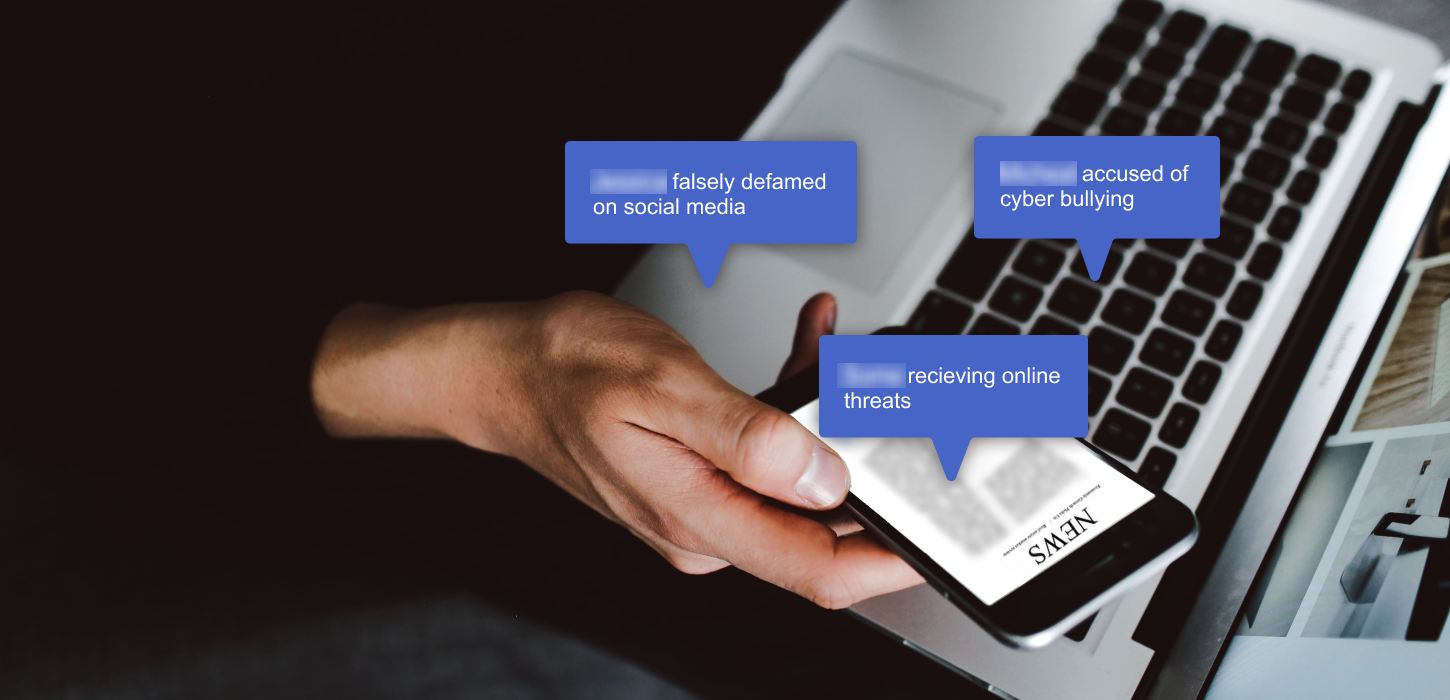Defamation law governs how individuals and organizations can seek legal remedy when false statements harm their reputation. It encompasses both libel (written defamation) and slander (spoken defamation), protecting people from reputational damage caused by false and damaging assertions. With the rise of social media and online publishing, defamation law has become more critical than ever navigating the fine line between freedom of speech and unlawful defamation.
This guide explores the legal framework, elements of proof, defenses, and remedies available to those affected. If you’re facing false claims or damage to your reputation, understanding your rights under defamation law is the first step toward resolution. For specifics on digital cases, see our detailed article on Online Defamation or learn How to Prove Defamation in court.
What Is Defamation?
Defamation is a false statement of fact that injures someone’s reputation. It encompasses both libel (written) and slander (spoken). Under U.S. law, defamation can lead to civil lawsuits when statements harm an individual’s character, credibility, or livelihood.
What Are the Key Elements of a Defamation Claim?
To succeed in court, a plaintiff must prove:
- False Statement: The communication must be demonstrably untrue.
- Publication: It was shared with at least one third party.
- Fault: The defendant acted with negligence or malice.
- Harm: The plaintiff suffered damage (emotional, financial, or reputational).
Types of Defamation: Libel vs. Slander
| Type | Medium | Legal Weight |
| Libel | Written (posts, articles) | Presumed harm; actionable |
| Slander | Spoken (videos, voice) | Requires proof of actual loss |
In digital cases, libel is more common due to social media permanence.
Related: Social Media Defamation

Defamation vs. Free Speech: What’s Protected?
The First Amendment protects opinion but not knowingly false facts or reckless disregard for truth. Courts weigh public interest, satire, and fair comment.
Defamation protections balance public discourse with personal dignity.
Need Help with Defamation Issues?
Let our specialists assist you in managing online threats and preserving your credibility.
What Are the Legal Remedies for Defamation?
Victims may be entitled to:
- General Damages (reputational harm)
- Special Damages (lost income, canceled contracts)
- Punitive Damages (if malice is proven)
- Injunctions (removal of defamatory content)
More on this: Defamation Damages Explained
Jurisdiction and Online Defamation
The internet blurs traditional boundaries. Jurisdiction may depend on:
- Location of the victim
- Platform servers
- Reach of the content
Digital cases may require an Internet Defamation Expert Witness to validate platform reach, virality, and psychological damage.

Real Cases That Shaped Defamation Law
- New York Times Co. v. Sullivan (1964) – Set “actual malice” standard for public figures.
- Milkovich v. Lorain Journal Co. (1990) – Clarified that opinion is not always immune.
- Jones v. Dirty World (2014) – Defined immunity boundaries for websites under the CDA.
Want to explore case outcomes? See Cases of Online Defamation

If you are currently facing online defamation, please reach out to us directly.
Defenses Against Defamation Claims
- Truth
- Opinion
- Consent
- Privilege (e.g., courtroom testimony)
Defendants may also cite public interest or retraction efforts
FAQs About Defamation Law
Is posting a negative review considered defamation?
Not if it’s a truthful opinion based on personal experience. But fabrications can be defamatory.
Can public figures sue for defamation?
Yes, but they must prove actual malice that the false statement was made knowingly or recklessly.
How long do I have to file a defamation lawsuit?
Typically 1–2 years depending on state law.
Explore statutes in more depth at Defamation of Character Lawsuits
Safeguard Your Digital Presence
Learn how to address false statements and protect your brand with tailored support.












